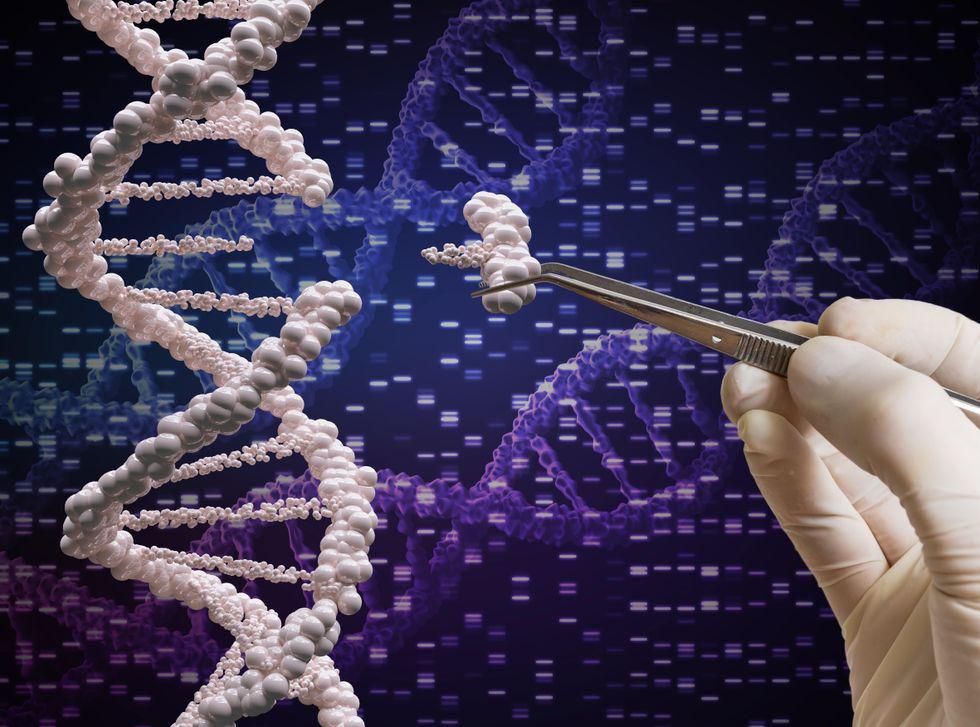MONDAY, July 12, 2021 (HealthDay News) — New recommendations on human genome editing issued by the World Health Organization include a call for a global registry to track “any form of genetic manipulation” and a whistle-blowing process for unethical or unsafe research.
The WHO first commissioned the expert advisory panel in late 2018, after a Chinese scientist said he had created the world’s first gene-edited babies, the Associated Press reported.
All studies involving human genome editing should be made public, even though it wouldn’t necessarily stop unprincipled scientists, the expert panel now advises.
“In the field of stem cell research, unscrupulous entrepreneurs and clinics have deliberately misused clinical trial registries by registering procedures they plan to undertake as if they were properly sanctioned clinical trials,” they noted.
They said the WHO must ensure that all genetic editing research registered in its database is reviewed and approved by an ethics committee, the AP reported.
Also, the United Nations’ health agency should have methods to identify any potentially concerning gene editing trials and to report “violations of research integrity.”
There have been several cases where backlash halted planned controversial gene editing experiments in Russia, Ukraine and Turkey, noted expert panel member Robin Lovell-Badge, of the Francis Crick Institute, the AP reported.
Still, although the WHO is now calling for stricter oversight of genome editing, there’s not a lot the agency can actually do, as gene-editing techniques become cheaper and easier.
The United Nations can’t compel any country to abide by its rules, even during a public health emergency, the WHO acknowledged.
More information
Find out more about CRISPR gene editing technology at the U.S. National Library of Medicine.
SOURCE: Associated Press
Copyright © 2026 HealthDay. All rights reserved.

